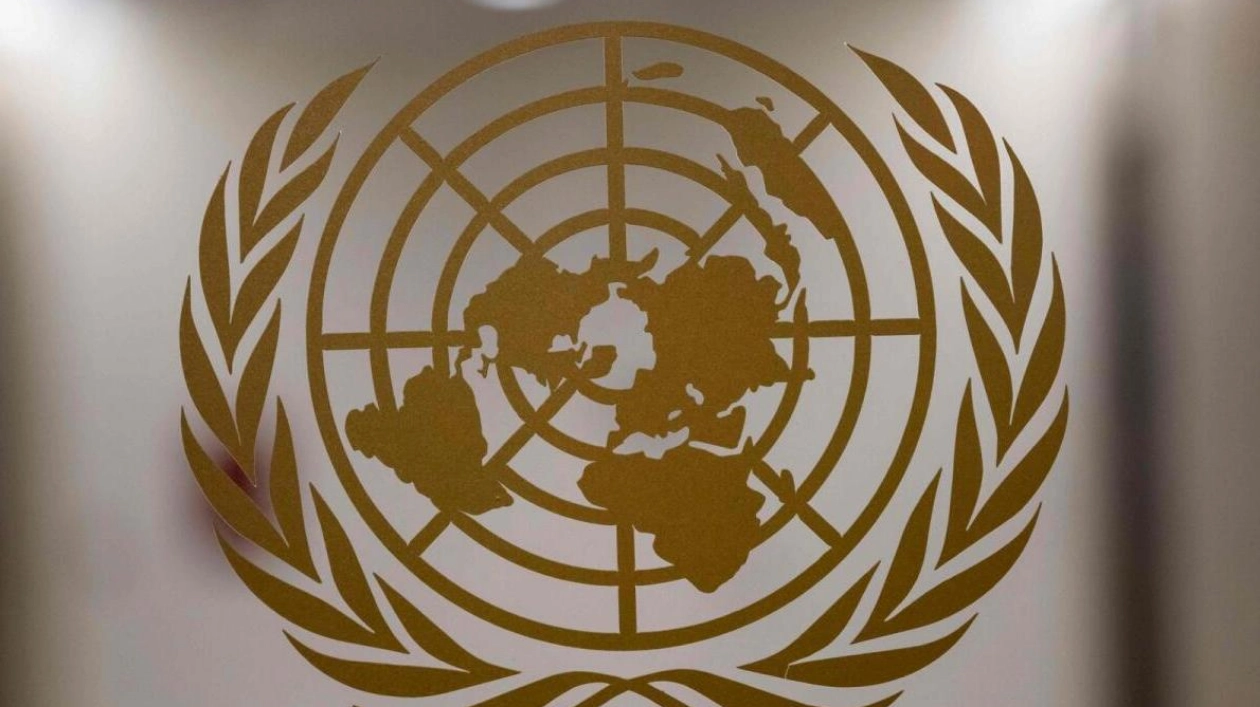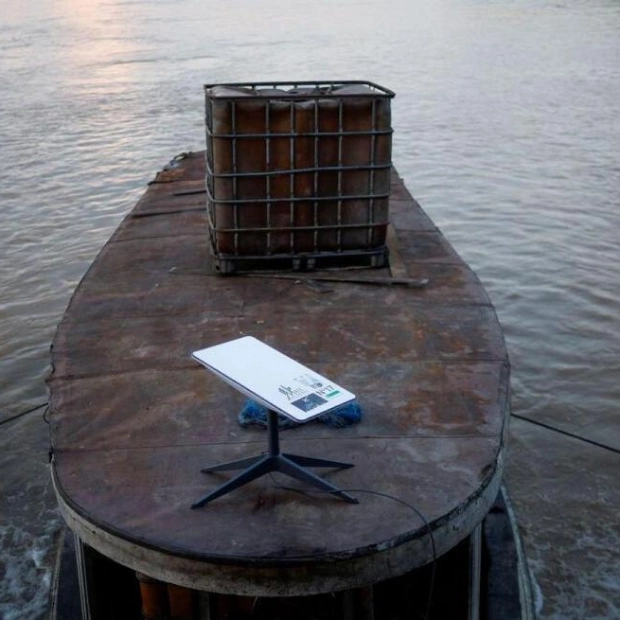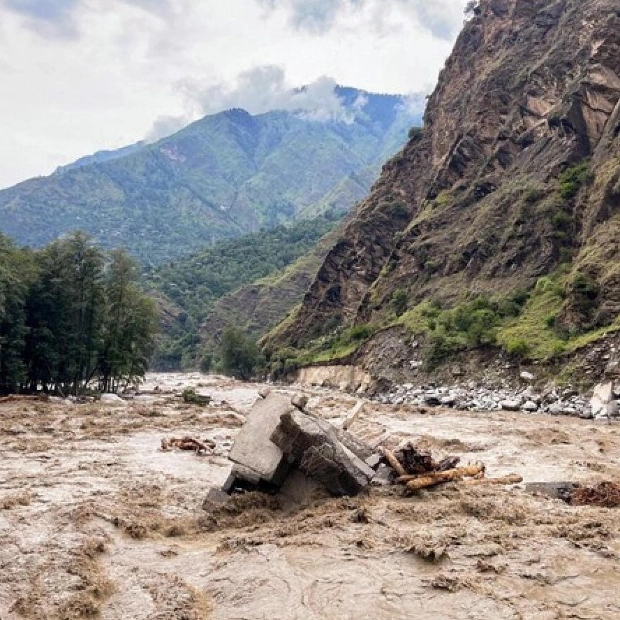Countries might leverage next week's U.N. meetings in New York to iron out significant differences regarding the enhancement of the global annual target for climate finance. However, the uncertainty surrounding the U.S. election could hinder progress leading up to the next U.N. climate summit in November. According to negotiators who spoke to Reuters, nations are hesitant to commit to specific positions before ascertaining the outcome of the Nov. 5 U.S. presidential election, which will determine the climate policy direction for the world's largest economy and foremost polluter over the next four years.
By deferring their decisions until November, countries risk missing the opportunity to reach a new agreement before the current $100 billion financing pledge expires at the end of this year, negotiators and observers cautioned. "The elections are a factor in global climate negotiations," stated Michai Robertson, a finance negotiator from the Alliance of Small Island States. Governments are evaluating various scenarios, including potential victories by Vice President Kamala Harris, who, alongside President Joe Biden, spearheaded the largest domestic climate spending bill in U.S. history, or by former President Donald Trump, a climate skeptic who advocates for fossil fuel expansion. They are also contemplating a third scenario where the U.S. remains in limbo for months due to an uncertain or delayed election result.
"There's an unspoken acknowledgment that U.S. election uncertainty is influencing how countries are positioning themselves," Robertson noted. While some affluent nations have indicated they would contribute more funds, they are not specifying the amounts and instead are waiting to see the U.S. direction.
This week's U.N. General Assembly represents the final all-country gathering before the COP29 climate summit commences on Nov. 11 in Baku, Azerbaijan, just days after the U.S. vote. However, reaching consensus on a new target and whether to expand the donor base is proving challenging. Setting a target that is too high could result in countries failing to meet the full amount, likely causing tension and mistrust among developing nations dependent on these funds. Conversely, a target that is too low would leave many vulnerable and underserved populations as global warming intensifies.
U.N. climate agency chief Simon Stiell estimates the annual need to be in the trillions to adequately support poorer countries in transitioning to clean energy and preparing for a warmer world. Failing to establish a new target before the start of 2025 could jeopardize future climate negotiations, warned a senior official from Azerbaijan's COP29 presidency. Azerbaijan is unwilling to entertain the possibility of failure, the COP29 official told Reuters.
Regardless of the U.S. election outcome, this year's U.S. climate negotiators are already constrained in what they can pledge. However, a Harris presidency would ensure greater continuity. "Negotiators work for the current administration, not a future one," remarked Jonathan Pershing, a former U.S. delegate who led the country's talks at the Paris climate summit in 2015. As a presidential candidate, Harris has expressed support for Biden's climate negotiating positions, including a pledge at last year's COP28 in Dubai to contribute $3 billion to the global Green Climate Fund. Neither Biden nor Harris has proposed a new finance target, but U.S. negotiators have suggested that fast-growing economies like China or Gulf oil-producing nations should contribute funds. In the past, China and some Gulf states have argued they should be exempt as developing nations.
On the other hand, Trump has vowed to withdraw from the Paris Agreement and the U.N. Framework Convention on Climate Change, which oversees global climate efforts and negotiations among its 198 member states. Only a few countries, including Iran, Libya, and Yemen, have shunned the UNFCCC.
Given that both U.S. elections and U.N. climate summits occur in November, this year's election uncertainty is not unprecedented. The contested 2004 U.S. election coincided with a climate summit that failed to reach an agreement that year, necessitating a special session five months later in Bonn, Germany. The next significant upset occurred a year after the historic Paris Agreement was signed, when U.S. climate negotiators were caught off guard by Trump's victory over former Secretary of State Hillary Clinton at the U.N. summit in Marrakesh.
"The U.S. delegation was in disarray, and negotiators were left scrambling," said Alden Meyer, a senior associate at climate think tank E3G, who has attended every COP. This year, however, there is a new urgency in the climate fight, as rising global temperatures are already triggering climate disasters and extremes. Climate negotiators are also better prepared for unexpected outcomes, noted Paul Bodnar, sustainable finance director at the Bezos Earth Fund, who previously served as a U.S. negotiator under former President Barack Obama.
"The difference between now and 2016 is that it was a big surprise in 2016," he said. After the Trump administration retreated from the global climate effort, Bodnar forged an alliance among U.S. states and cities to maintain a strong U.S. presence in global climate talks.






